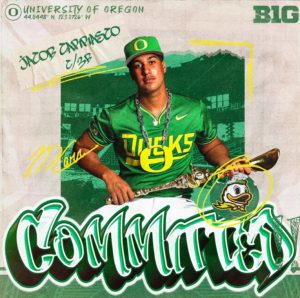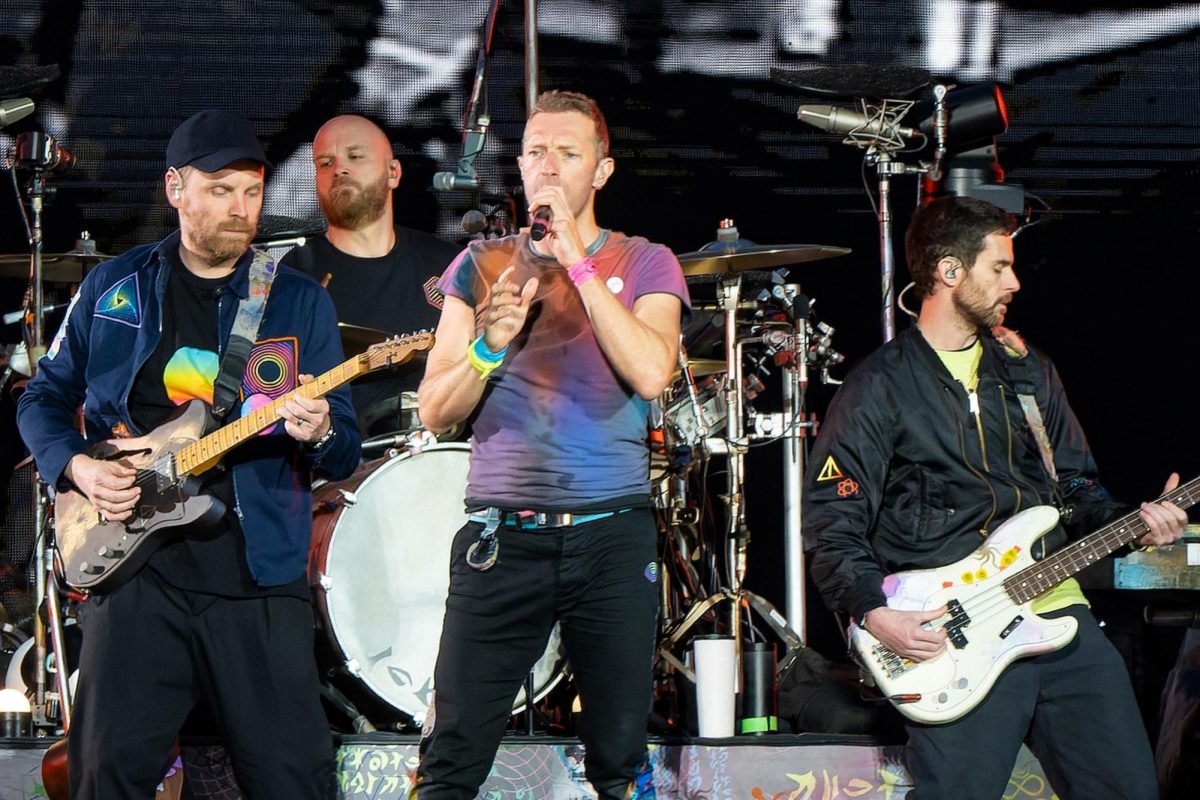The Problem With TikTok
March 30, 2023
In the recent news, there has been lots of information about national security threats introduced from the very popular social media app TikTok. As an app owned by the powerful Chinese company ByteDance, issues such as data privacy, censorship, moderated algorithms, and many others have become a national concern.
TikTok collects a large amount of personal data from its users, including their location, device information, and usage habits. There are concerns that this data could be accessed by the Chinese government or used for other nefarious purposes.
ByteDance is based in China, which has strict data privacy laws that give the government broad powers to access data held by companies operating in the country. This has raised concerns that the Chinese government could use TikTok’s data to conduct surveillance on individuals or to target propaganda to specific groups of users.
In addition, TikTok itself has been accused of sharing user data with the Chinese government, although the company has denied these allegations. The app has also faced scrutiny over its data privacy practices in other countries, including the United States and Europe.
Overall, the concern is that the large amount of personal data collected by TikTok could be misused or mishandled, leading to violations of privacy and potential national security risks.
On top of data privacy concerns, TikTok’s content moderation rules propose even more problems. TikTok’s content moderation policies have been criticized for several reasons. First, the policies have been seen as inconsistent and opaque, meaning that it’s not always clear why certain content is allowed in or removed from the app. TikTok’s policies have also been accused of being too lax on issues of hate speech, political content, and misinformation.
For example, there have been instances of TikTok allowing content that promotes conspiracy theories or false information about the COVID-19 pandemic. Some worry that this could be used to spread propaganda or disinformation, potentially influencing public opinion on important issues.
The concerns around TikTok’s content moderation policies are rooted in the app’s enormous reach and influence, particularly amongst young people. As such, there is a sense that TikTok has a responsibility to promote healthy discourse and accurate information, while also respecting individual rights and freedoms.
These concerns have led some governments to take action against TikTok. For example, the Indian government banned TikTok in 2020, citing national security concerns. In the United States, the Trump administration also attempted to ban TikTok, citing similar concerns, but the ban was ultimately blocked by the courts. However, the Biden administration has continued to review TikTok’s security practices and policies.
TikTok has been created in a way to psychologically manipulate users into scrolling for hours and hours, which has drawn a very addictive and widespread fan base. Because of the personalized content brought to users through the “for you” page, it becomes habitual to scroll through the endless entertainment brought to each viewer through short videos.
TikTok has become a place to meet new people, find new interests, receive news, and scroll through endless hours of content. But it’s important to understand that on top of all the positivity the app provides, there is a deep concern about the app’s impact, origins, and intentions. TikTok is controlled by complex algorithms that can easily be manipulated by outside influences that often disregard fact checking and the validity of all content posted.
The main drive for the TikTok algorithm is amplification, meaning content that has drawn a lot of engagement will get shown to more people. This creates a feeding ground for false information, conspiracy theories, and oftentimes incorrect or amplified political information that becomes perceived as the truth.
However, even though there are still many conflicts surrounding TikTok’s formatting, the ByteDance company has been implementing new technologies to lessen the spread of misinformation. Very recently, there has been an update clarifying false information spread through deep fakes and AI generated material. In the near future, videos that are fabricated will have a label at the bottom explaining that the video is altered.
TikTok’s controversies have raised questions about the app’s impact on user privacy, free speech, national security and safety. While the company has made efforts to address these issues, they continue to be a source of concern for many users and policymakers around the world.












